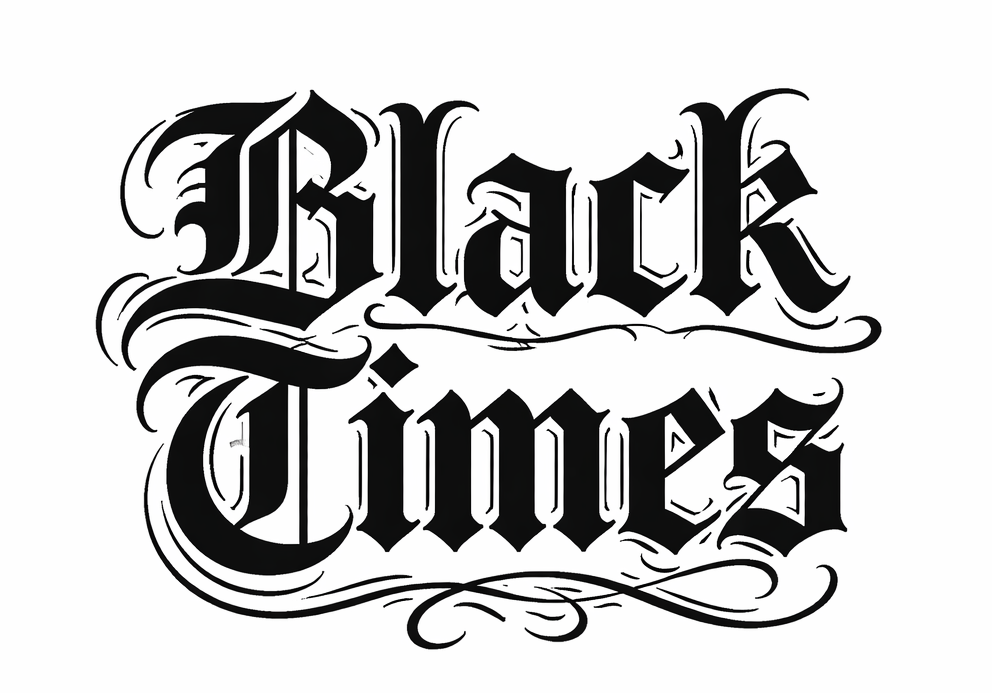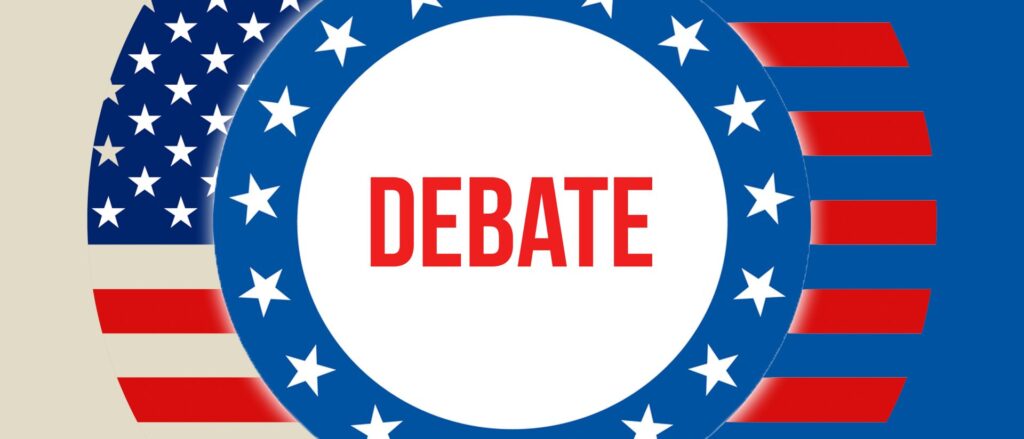The political spotlight shifts to New York City as Ohio Senator JD Vance and Minnesota Governor Tim Walz prepare for a crucial vice presidential debate. The 90-minute event, scheduled for Tuesday at 9 p.m. EDT, will be hosted by CBS News and marks the first face-to-face encounter between the two candidates.
This debate holds particular significance as it may be the final major debate before Election Day, given former President Donald Trump’s reluctance to engage in a second debate with Vice President Kamala Harris. The confrontation between Vance and Walz comes amid a tightening race between Harris and Trump, both nationally and in key battleground states.
Recent polling data presents a challenging landscape for Vance. An NBC News national poll indicates that 45% of registered voters view him negatively, while only 32% hold a positive impression. These figures place Vance among the least popular vice presidential candidates in recent decades. In contrast, Walz enjoys a more favorable standing, with 40% of voters viewing him positively and 33% negatively.
Vance’s campaign has been marked by controversial statements, including unsubstantiated claims about Haitian immigrants, which have drawn intense scrutiny from the media and political opponents. The debate provides an opportunity for Vance to address these issues and potentially reshape public perception.
Both campaigns are engaged in the traditional pre-debate ritual of expectation management. Walz’s team has sought to lower expectations for their candidate while elevating those for Vance, emphasizing the latter’s Yale Law School background. This strategy aims to amplify any perceived success Walz might achieve during the debate. Trump’s campaign has contributed to this narrative, with senior adviser Jason Miller praising Walz’s debating skills.
The issue of race is expected to be a potential flashpoint during the debate. Vance’s campaign ads have featured provocative questions regarding racism, and Walz may seek to challenge him on this topic. Vance’s handling of similar accusations during his Senate race against Tim Ryan could influence his approach to such questions in this high-stakes setting.
Both campaigns recognize the importance of appealing to young male voters, a demographic that could significantly impact the election’s outcome. Walz’s image as a high school football coach and family man stands in stark contrast to Vance’s more modern and somewhat controversial portrayal of masculinity, as detailed in his memoir. The debate offers an opportunity for both candidates to present their visions of leadership and masculinity to this crucial voter base.
Walz, known for his moderate stance, aims to attract heartland voters who have drifted away from the Democratic Party in recent years. His strategy involves emphasizing his ability to work across party lines and his understanding of middle America’s concerns. Vance, on the other hand, has aligned himself closely with Trump’s hard-right positions, potentially alienating some of the more moderate voters he once courted as an anti-Trump commentator.
The debate’s outcome could have significant implications for Trump’s future debate plans. A strong performance by Vance might encourage Trump to reconsider participating in another debate with Harris. Conversely, if Vance struggles, it could prompt Trump to step back into the spotlight to regain control of the narrative. Regardless of the outcome, Trump has indicated he will provide commentary on the debate through his Truth Social account, ensuring he remains a central figure in the discussion.
As the candidates make their final preparations, both teams are focusing on policy briefings and mock debates. The debate is expected to cover a wide range of topics, including the economy, foreign policy, and social issues. Economic concerns are likely to dominate, given recent inflation worries. Foreign policy discussions may center on ongoing conflicts in Ukraine and the Middle East, while social issues such as abortion rights and gun control could lead to heated exchanges.
The debate’s format allows for direct interactions between the candidates, potentially creating memorable moments that could sway undecided voters. Security measures around the venue have been heightened, with local law enforcement coordinating with federal agencies to ensure a safe event.
As Election Day approaches, both Vance and Walz carry the weight of their parties’ hopes. This debate may well be remembered as a pivotal moment in the 2024 election, potentially influencing voters in key battleground states and setting the tone for the campaign’s final stretch.
The political world watches closely as Vance and Walz prepare to take the stage, knowing that their performance could have far-reaching consequences for their respective tickets and the future direction of the country.



